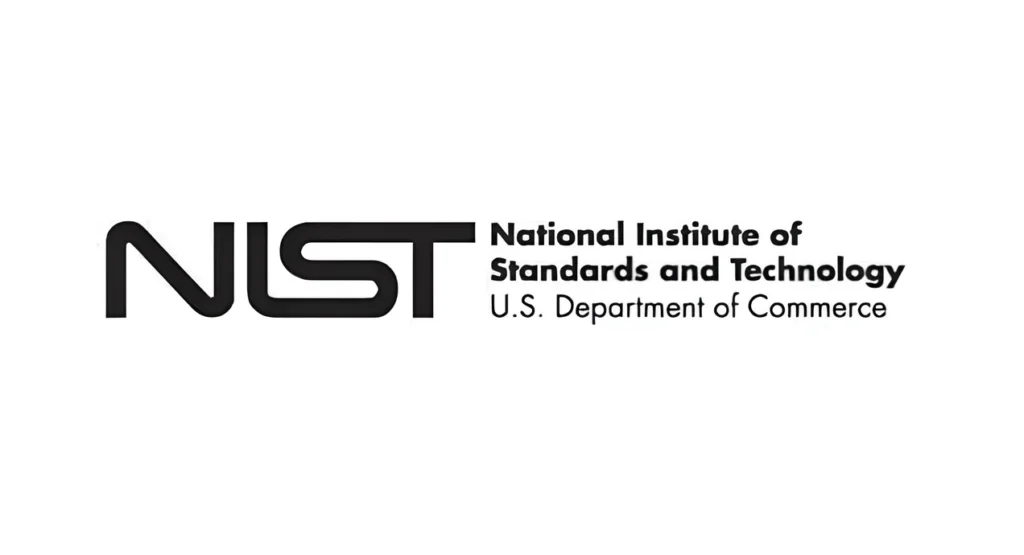Insider Brief
- Technological innovation often starts with short-term productivity losses.
- Researchers write that the introduction of quantum computers may cause a productivity loss that could affect the economy.
- The scientists also offer ways to alleviate the potential for quantum computing’s negative productivity disruption.
As businesses embrace quantum computing, the long-term potential for gaining a competitive edge appears promising, but long-term technological bursts often start with short-term economic busts, often referred to as a productivity paradox, according to two researchers writing in Nature.
A quantum computing productivity paradox may have more severe consequences than the early days of digital computers, write Chander Velu, of the University of Cambridge and Fathiro H. R. Putra, of Bandung Institute of Technology. Fortunately, the scientists also say there may be strategies to mitigate some of this disruption.
The Productivity Paradox

According to the researchers, when digital computers gained popularity in the 1970s and 1980s, they initially slowed productivity growth by 0.76 percentage points per annum. This phenomenon, known as the productivity paradox, stemmed from businesses’ need to invest in new equipment and learn how to program the devices, while neglecting other necessary innovations. Eventually, after a period of adjustment in the 1990s, productivity growth rose sharply. This transition required substantial time, investment, and coordination across sectors and firms.
The researchers report that the quantum computing revolution might present an even greater and costlier learning curve due to three key factors: high integration costs, difficulty in translating quantum concepts for business managers and engineers and the threat to cryptography posed by quantum computers.
If the introduction of commercial quantum computers prompted the productivity growth rate to slow by an additional 50%, the researchers estimate that this could result in economic losses in gross domestic product per capita of approximately $13,000 (US) over 15 years (based on 2022 levels), or $310 billion per annum in the United States alone.
Alleviating the Quantum Productivity Paradox
To mitigate the challenges posed by the quantum productivity paradox, the experts propose the following strategies:
- Demonstrate the value of quantum computers for societal challenges: Businesses should initially adopt quantum computers to solve existing problems incrementally. However, to encourage more ambitious uses, the extra costs and potential failures need to be addressed. Government funding can play a crucial role in attracting private investment and framing the adoption of quantum computing as a mission to solve industrial and societal grand challenges. Demonstrating practical applications, such as weather forecasting or enhancing financial system resilience, will help illustrate the commercial advantages.
- Agree on a common language and build understanding: Quantum technologies operate on counterintuitive principles, often unfamiliar to engineers and business managers. Establishing a shared language among scientists, engineers and managers is essential to identify the right problems for quantum computers and prepare data in a quantum-ready format. A quantum unified modeling language, similar to the standardized Unified Modeling Language used for digital computer programming, would enable effective communication, simplify software development, and shorten development times.
- Build a quantum internet with secure encryption: Quantum computing poses a threat to current encryption protocols. To safeguard data and communications, firms must invest in new mathematical approaches or adopt quantum-based communications systems such as quantum key distribution. Integrating quantum computers and quantum communication technologies into a coordinated network, known as the quantum internet, can overcome security threats. The quantum internet could lead to new business models, enhanced privacy and improved supply chain flexibility.
Overall, the researchers are optimistic about a transition to the quantum era.
“The promise of quantum computing is great — if researchers can help to smooth the path for its implementation,” they write.
You can read their complete paper here.
If you found this article to be informative, you can explore more current quantum news here, exclusives, interviews, and podcasts.














